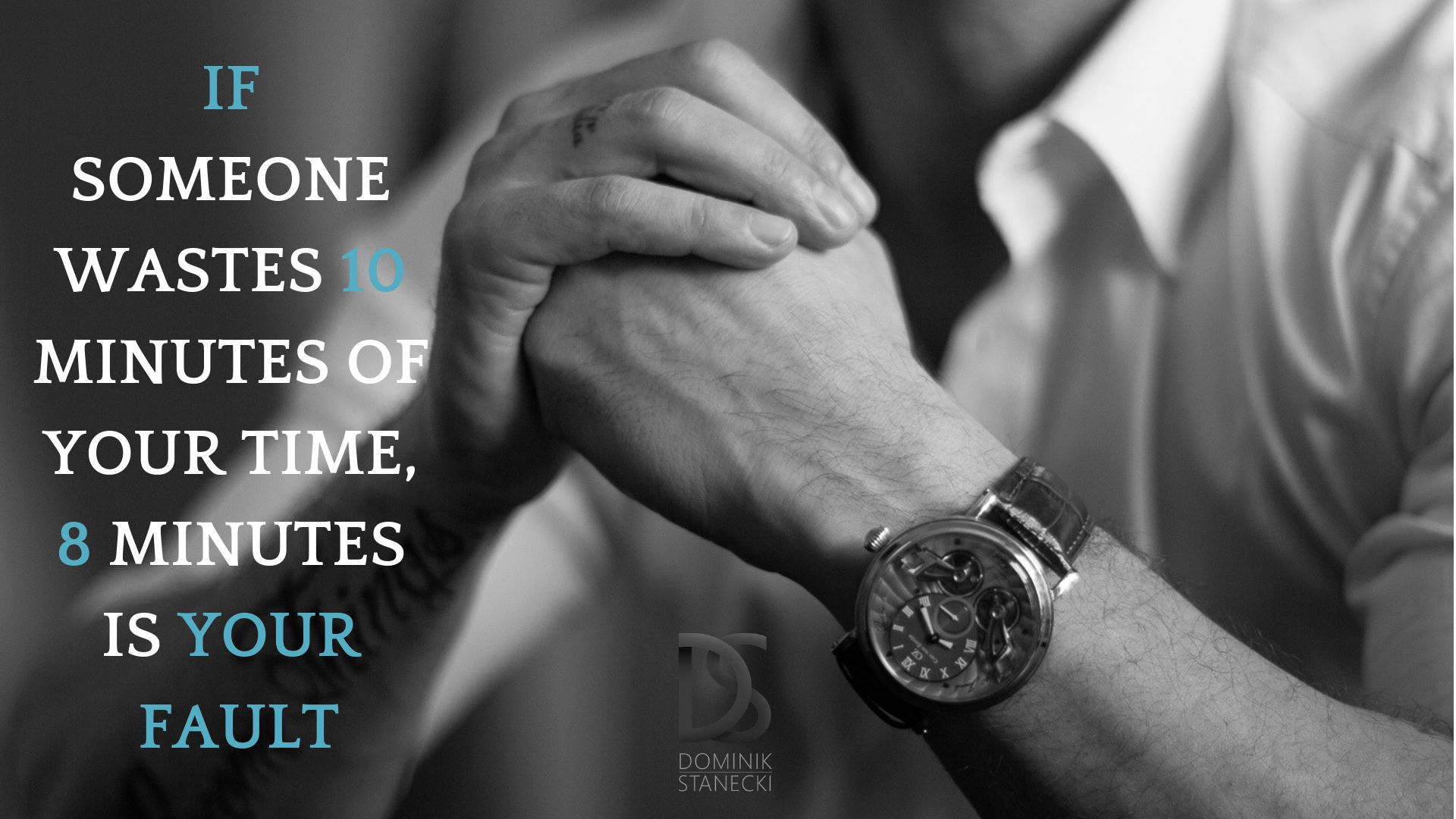“Time is what we want most and what we use worst” - William Penn

As a time management specialist what I hear most from people is that they simply don’t have time for anything. “I DON”T HAVE TIME” has become the most used excuse and rationalization for not having to do something or not having to make a commitment to someone. Most members of our society have lost control of their schedules and have become slaves to the never-ending spinning hands of the clock.
Understanding the difference between having a full day versus having a full schedule is the key to freeing up time during your day. Prioritizing your tasks in such a way that everything gets done, but not burning yourself out in the meantime. Leaving enough time to do the things that you really ought to be doing.
The difference between having a full day and a full schedule is making a few strategic changes to your daily planner and mindset. Work smarter, not harder is my motto and I empower my clients with highly effective and proven tools, systems and methodologies to simplify the process.
A FULL DAY vs A FULL SCHEDULE
A full day is a day when you are running around like a chicken with its head cut off. You have a plan, but it’s constantly being changed and disregarded. You deal with things more spontaneously and not based on priorities and defined rules. You put too much on your plate and at the end of the day you are exhausted, overwhelmed and stressed. You end up moving things over to the following day which was already busy to begin with.
A full schedule is when the hours you have set for certain tasks are full. For example, 6 hours every day that you meet with clients. Your full schedule includes at least 3 hours of personal time for yourself and the things that give you pleasure, the ability to personally develop and stay healthy & fit. Your entire schedule has been thought out and prioritized based on the Pareto principle (described below). You write in the most important obligations, weeks in advance and do not replace them with any other tasks NO MATTER WHAT. When people hear that you are full, they assume that you are good at your profession. You can then raise your prices and they are more likely to conform to your rules.

For all of you “I DON’T HAVE TIMERS” Here are 3 of my personal favorite and most effective tools:
THE PARETO PRINCIPLE & PERSONAL CONTRACT
The Pareto Principle (also known as the 80/20 rule) states that roughly 80% of the effects come from 20% of the causes. Make a master list of all your important tasks, add the 2 most important to your schedule for the following day and FULLY focus on them until they are done. If you lack discipline, make a contract with yourself stating that if you do not complete the tasks, you will pay a fine (Minimum 100zl) to a charity of your choice.
BUY TIME
Hire people and outsource all of your household chores and responsibilities which take up a lot of time but are necessary. For example cleaning, cooking, laundry gardening, taxes, paperwork, babysitting the kids..etc. If you earn more than 15zl/hr you can afford to pay for the service and use the precious time to learn/earn more money which in turn will pay for more services. I personally rather meet with a client and do what I enjoy as opposed to cleaning my bathtub and toilet.
SCHEDULE YOURSELF
Treat yourself, your wife and your best friends as VIP clients. Write them into your daily planner and pretend that you have a VIP meeting with them. We sometimes treat our clients better than we do our loved ones.
We all have 24 hours each day. The question is; how will you spend yours?

